NYC's Fastest-Growing Union: A Closer Look
The Home Healthcare Workers of America (HHWA) boasts 43,000 members, making it New York's fastest-growing union. However, its rapid expansion raises questions about its true representation of workers' interests. Many members were enrolled without their knowledge or consent through voluntary recognition deals with management, bypassing typical union elections.
Questionable Practices
This article highlights concerns surrounding HHWA's practices. Several home care agencies, like Five Borough Home Care, signed contracts with HHWA guaranteeing employees the minimum wage required by New York's wage law for the industry, leaving little room for improved wages or benefits. Four current and former Five Borough workers interviewed were unaware of their union membership or dues deductions. One worker stated, "I never received a benefits packet and never met a union representative, ever, in five years working here."
Furthermore, the Five Borough contract requires workers to arbitrate all claims, a clause that benefits the employer more than the employees, according to labor attorney Daniel Bright. A class-action lawsuit against Five Borough, alleging unpaid overtime, underscores this issue.
Financial and Political Clout
HHWA's financial resources, fueled by dues from low-wage workers, are substantial. The union reported nearly $13 million in dues in 2023, spending millions on operations and political lobbying in Albany. The union’s leadership, including the late Steven Elliott Sr., received millions in compensation.
This financial power translates to political influence. HHWA's endorsements have helped elected officials, and its lobbying efforts have focused on boosting revenue for company owners, presenting these moves as mutually beneficial for both businesses and workers.
Concerns and Criticisms
Experts raise concerns about HHWA’s lack of transparency and worker involvement. Rebecca Givan, a professor at Rutgers University, describes HHWA's model of bypassing union elections as a "red flag." The automatic renewal of contracts further raises doubts about true worker representation. David Kamper of the Economic Policy Institute points out that a democratic union should involve members in contract negotiations, something that does not appear to be occurring with HHWA.
The union's close ties to management, including its founder's association with Littler Mendelson, a law firm known for anti-union tactics, further fuels suspicions. This connection is particularly relevant given the ongoing legal battles surrounding the home care industry, such as the lawsuit aiming to block Gov. Kathy Hochul’s move to consolidate Medicaid home care spending.
Conclusion
The rapid growth of HHWA raises serious questions about the balance between worker rights and management interests within the union. While HHWA claims to advocate for its members, its practices suggest a need for closer scrutiny to ensure genuine representation of the home care workers it claims to serve.










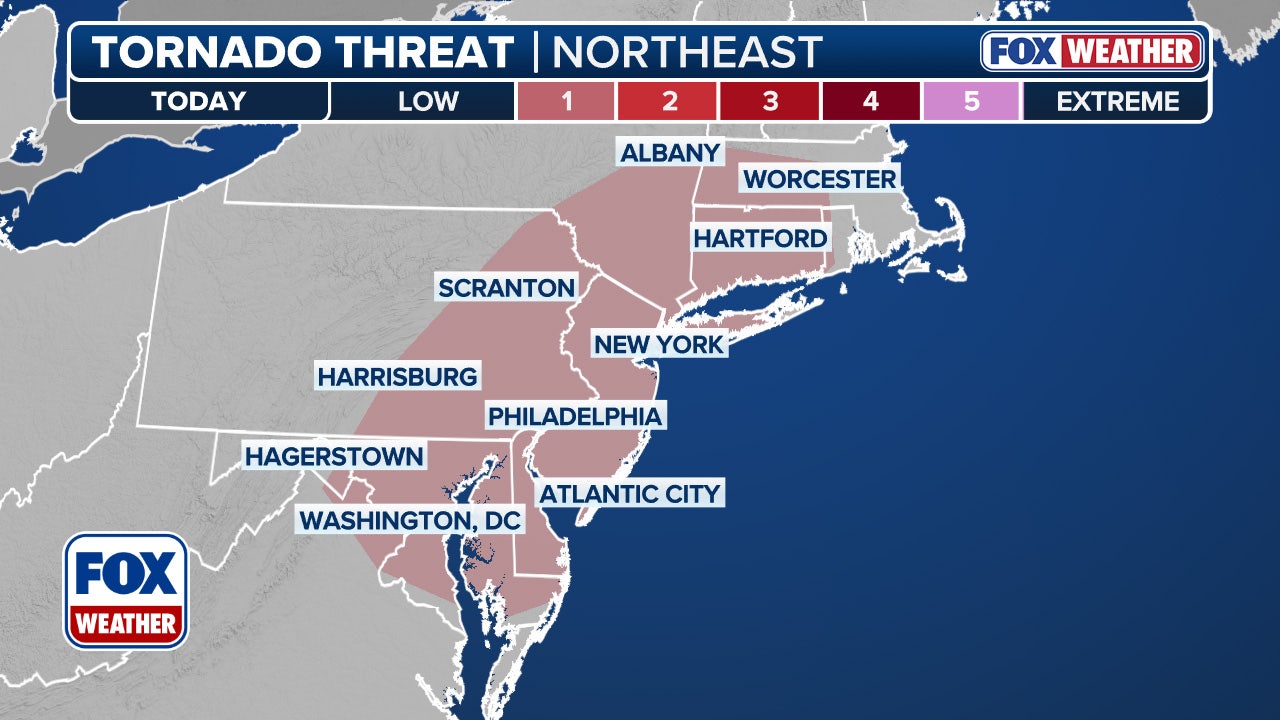
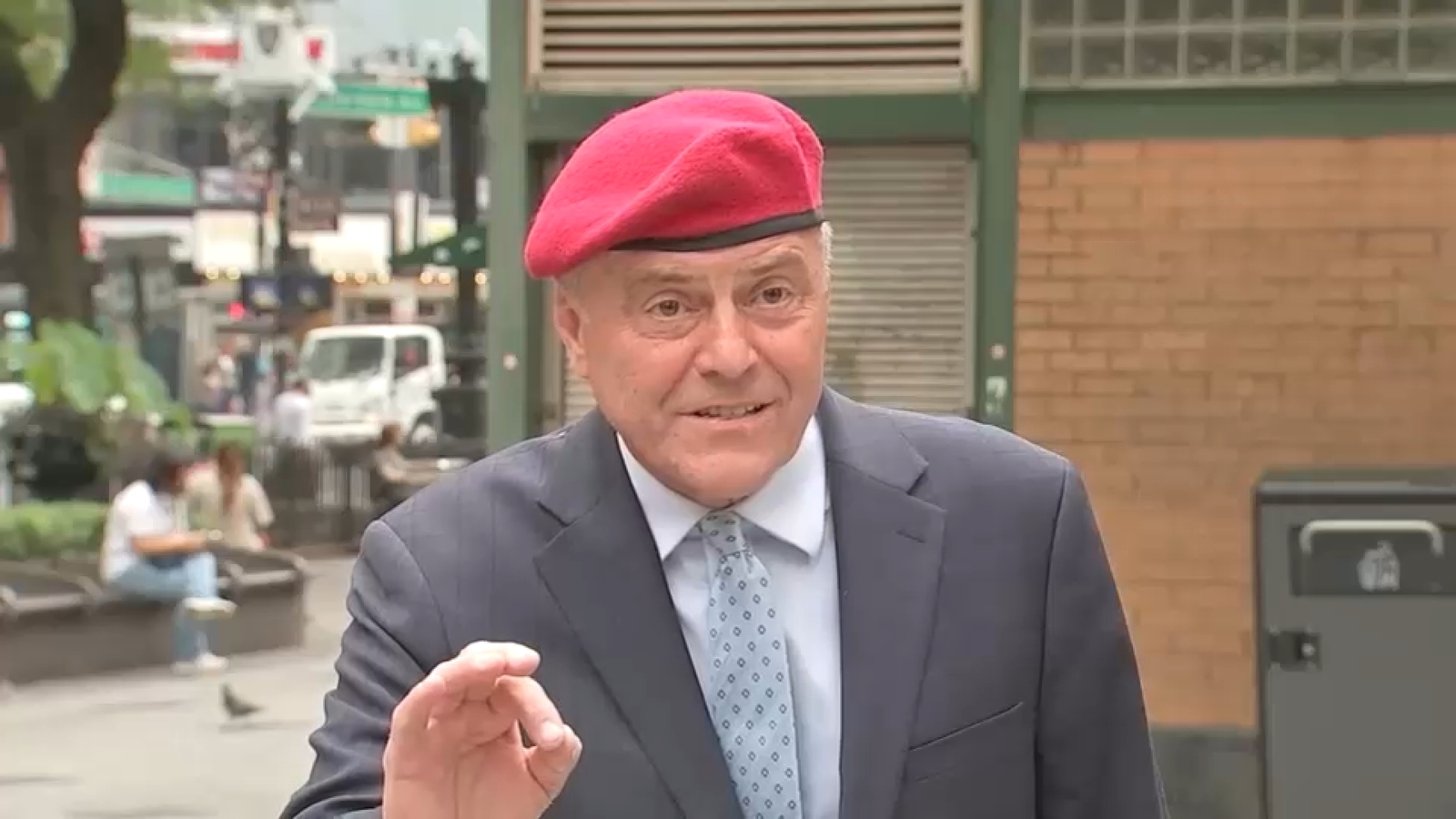



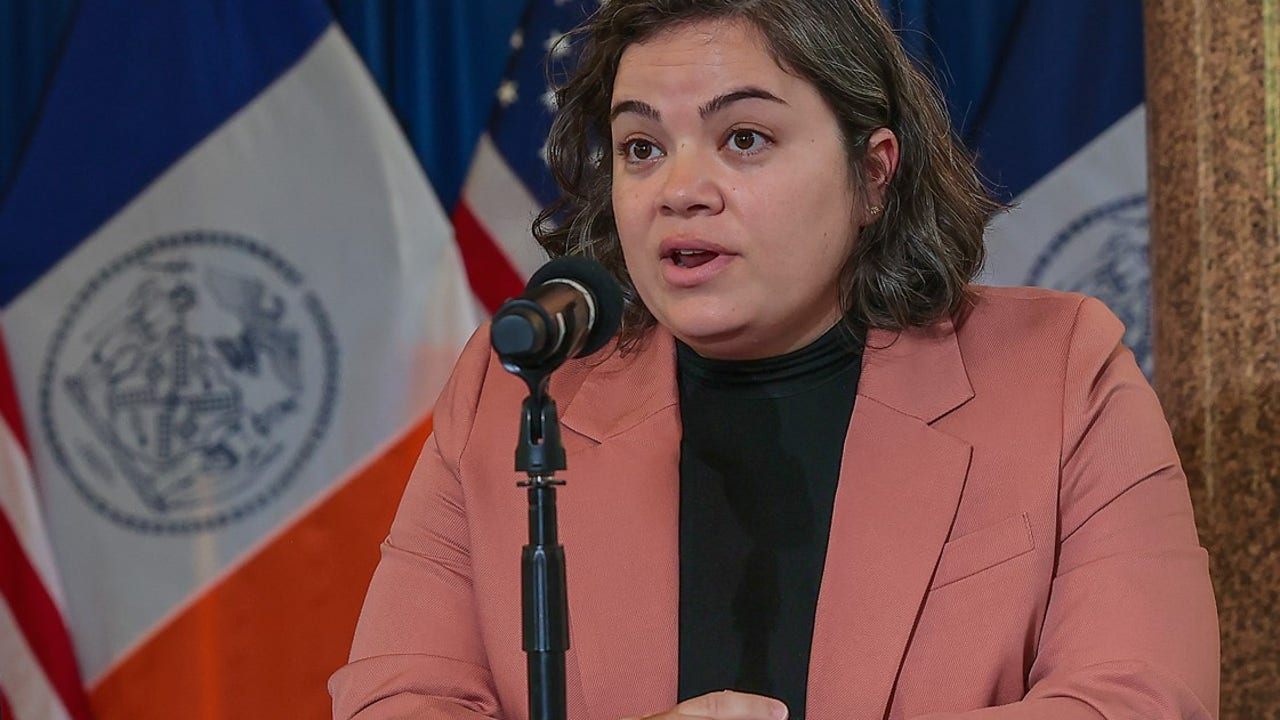



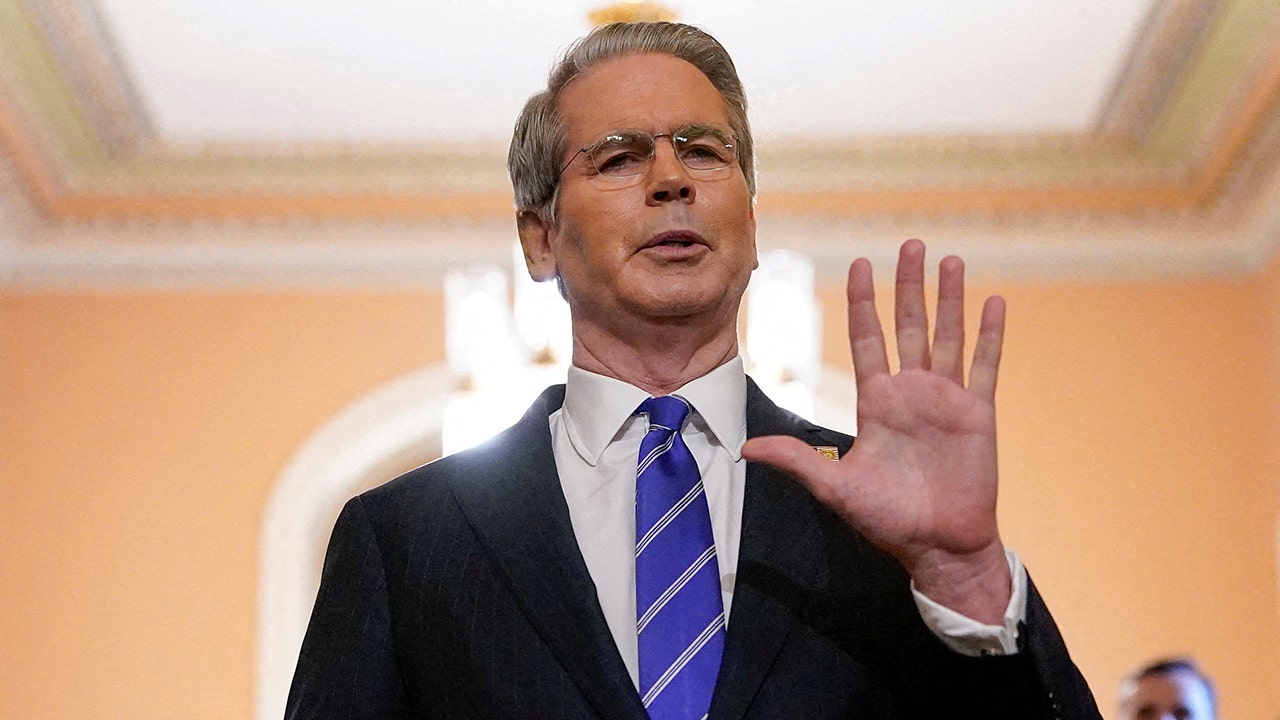

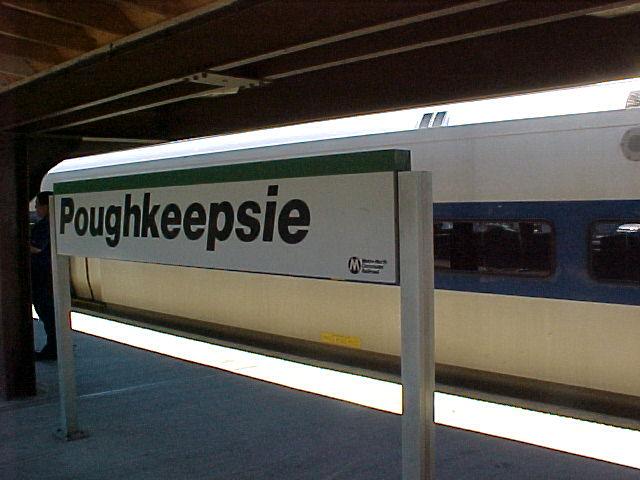
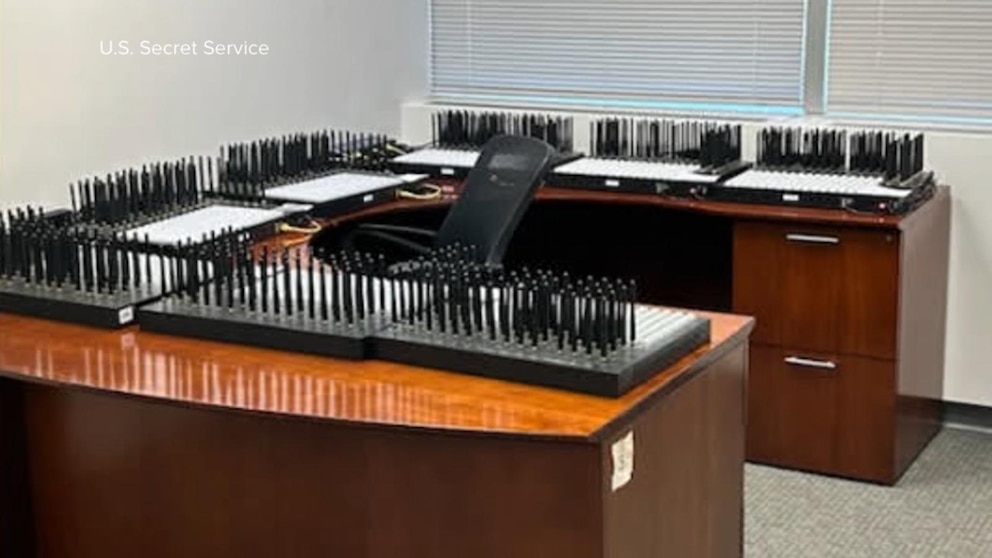



Comments
Join Our Community
Sign up to share your thoughts, engage with others, and become part of our growing community.
No comments yet
Be the first to share your thoughts and start the conversation!